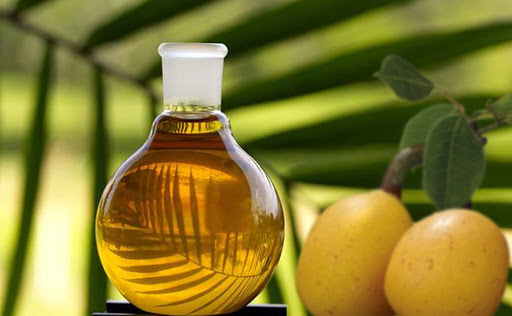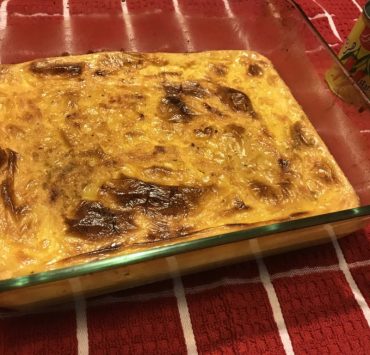Marula Oil

Passionate about getting God's message concerning Afrika and the end…
Marula Oil is extracted from either the shell of the nut or the seeds of the fruit of the Marula tree, which is native to southern Afrika. It is a clear oil, with a light yellow color. It has been used through the ages by the people of Namibia, Zimbabwe, Mozambique and South Afrika in food, on the skin – to cleanse, nourish or massage – for the preservation of meat or to treat leather. It is gaining increased popularity across the world as a beauty treatment for hair, skin and nails.
The Marula tree is considered by some to be one of Afrika’s most important indigenous wild fruit trees. Marula is the Afrikaans name for the tree and has different names in different communities: toa (San), iganu (Ndebele), onganga (Ovambo), morula,merula (Pedi), mapura (Bechuana), umGanu (Swazi), tsua (Tonga), ol-mangwai (Maasai), umganu (Zulu), and omuongo (Herero). (source: cms.herbalgram.org)
The oil is traditionally prepared by squeezing it from the kernel in a mortar and pestle or by crushing the marula seeds and kernels in boiling water so that the released oil floats to the top of the water and can be skimmed off. (source: cms.herbalgram.org)
Nutritional profile
Marula Oil is said to contain vitamins C and E, palmitic acid, oleic acid, glutamic acid, arachidonic acid, myristic acid and stearic acid as well as l-arginine and phenolic compounds. (source: Wikipedia and healthline)
Benefits
In addition to being nourishing for the skin, Marula Oil is said to be helpful in skincare as it has hydrating, anti-aging, moisturizing and UV-ray protection properties. These properties also make it nourishing for the hair.
It is also said to be anti-inflammatory and to have anti-bacterial properties, which make it beneficial to healing skin conditions such as acne and wounds.
It is also used to treat ear, eye, nose problems as well as diarrhea and colic.
It is believed to be helpful in prevention of colds and flu and to help repel insects.
It is an edible oil that can be used in various food preparations as well as for food preservation.
What's Your Reaction?
Passionate about getting God's message concerning Afrika and the end times to the world, in order to heal, restore and rebirth Afrika to her true purpose and destiny in God.

















